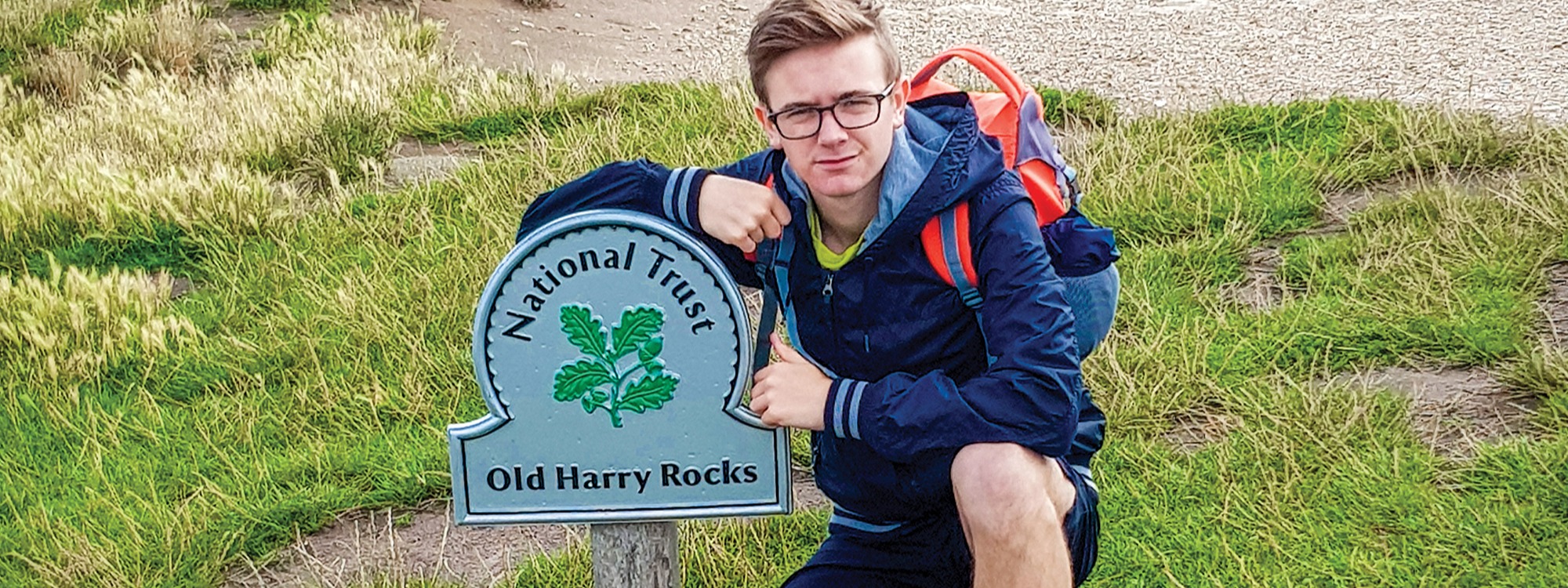- Home
- Curriculum
- A Level Subjects
- Geography
Geography
Why study Geography?
In an age of growing concern over climate change, migration, environmental degradation, and global inequality, Geography is one of the most relevant and engaging subjects you can study.
The Edexcel A Level Geography specification explores these vital issues through contemporary case studies and fieldwork, giving you a real-world understanding of our changing planet.
Course overview
The Edexcel A Level Geography course aims to:
- Develop a deep understanding of physical and human geography, and the complex interactions between them.
- Explore contemporary global issues such as climate change, urbanisation, globalisation, migration, and environmental degradation through real-world case studies.
- Equip students with essential geographical skills, including data interpretation, statistical analysis, map reading, and the use of GIS (Geographical Information Systems).
- Promote critical thinking and independent enquiry, encouraging students to evaluate sources, arguments, and evidence with confidence.
- Foster fieldwork and research skills through practical investigations and independent coursework, including a Non-Examined Assessment (NEA).
- Encourage global citizenship and environmental awareness, preparing students to understand and engage with the world’s challenges.
- Prepare students for further study and a wide range of careers, providing transferable skills valued by universities and employers alike.
Main Topics Covered in Edexcel A Level Geography
- Physical Geography Topics
- Tectonic Processes and Hazards
- Coastal Landscapes and Change
- The Water Cycle and Water Insecurity
- The Carbon Cycle and Energy Security
- Human Geography Topics
- Globalisation
- Diverse Places
- Superpowers
- Health, Human Rights and Intervention
You’ll develop a wide range of highly transferable skills—including research, data analysis, critical thinking, and both written and verbal communication. You’ll also learn how to interpret complex information, evaluate arguments, and draw meaningful conclusions—skills that are highly valued by universities and employers alike.
How is the course assessed?
- Paper 1: Physical Geography Topics
2 hours 15 minutes
30% of A Level - Paper 2: Human Geography Topics
2 hours 15 minutes
30% of A Level - Paper 3: Synoptic Investigation
2 hours 15 minutes
20% of A Level
Based on a resource booklet with unseen material.
Tests your ability to make links across different topics, analyse geographical issues, and evaluate different perspectives. -
Independent Investigation (NEA – Coursework)
20% of A Level
A 3,000–4,000 word fieldwork investigation on a question you choose.
What will I do in lessons?
Each lesson is carefully structured and supported by a comprehensive PowerPoint aligned with a key specification point, which is typically taught over approximately 2.5 hours.
Students are provided with detailed topic handouts, which consolidate key information from a range of leading textbooks and resources, ensuring thorough coverage of content.
A wide variety of engaging and challenging learning activities are used to deepen understanding and develop key geographical skills. These include:
- Collaborative group work and class discussion
- Low-stakes testing and retrieval practice
- Data interpretation and analysis tasks
- Structured debates on contemporary geographical issues
- Regular practice of exam skills, including timed essay writing, source analysis, and extended responses
This approach ensures that students not only gain in-depth knowledge of geographical concepts but are also well-prepared for the demands of A Level assessment.
What Independent study will be expected?
Students will be expected to complete 5 hours of independent work divided between human and physical geography topics. This independent study may include activities such as reading ahead in the textbook and making notes, reviewing Geo Fact Sheets, creating revision materials, and researching up-to-date case studies.
Exam Board
Edexcel
Link to specification
GCSE entry requirements:
- 5 in Mathematics required
- 6 in English Language required
- 6 in Geography required (if taken at GCSE)
- 6 in any science subject required if Geography not taken at GCSE
What A Levels go well with this one?
- Biology
- Chemistry
- Mathematics
- Physics
- Economics
- Politics
- Sociology
- Psychology
- Business Studies
- History
- Religious Studies / Philosophy
What can I do beyond A Levels with this subject?
Many students at Woodhouse progress to study Geography or related subjects at Russell group universities including Oxford and Cambridge.
Geography graduates are highly sought after in diverse fields. A degree in geography opens doors to exciting careers in areas such as disaster management, meteorology, environmental consultancy, conservation and wildlife management, international development and aid work, cartography and GIS, surveying and civil engineering, urban planning, and even finance.
Frequently asked questions (in addition to the above)
What trips are offered?
Two-day one night compulsory trip in November to Swanage in Dorset; two one day trips to Brick Lane and Dollis Valley – both in London. Optional one night residential to Swanage in July for students wanting to complete their coursework on coasts. There isn’t an international trip currently organised by the geography department (however, other subjects do offer international trips which might be open to geography students).
How many students are in a typical class?
Between 18-22
How many hours of geography do you have a week?
5 hours split over 4 lessons
Which are the best universities to study geography?
Cambridge, Oxford, LSE, UCL, Edinburgh, Bristol, Sheffield, Manchester, Glasgow, Durham. However, you also need to consider the course content, fieldwork opportunities, studying abroad, research facilities and graduate prospects.
